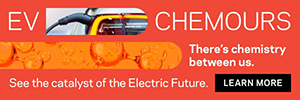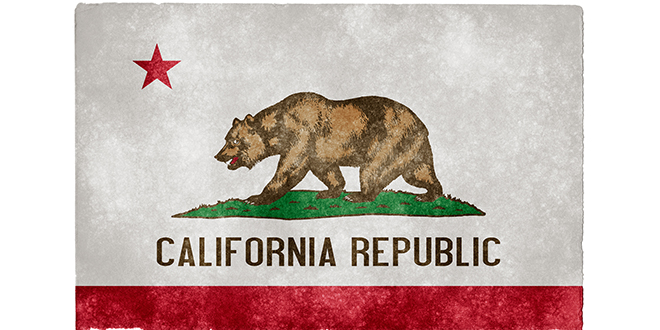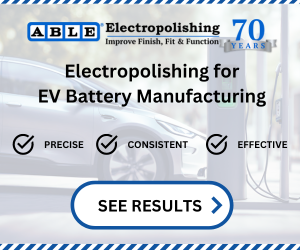Even voracious EV news junkies should be sated by a recent episode of the Transport Evolved Panel Talk Show, as electromobility experts Nikki Gordon-Bloomfield, Chelsea Sexton and John Voelcker hold forth for 90 minutes on the latest developments on the plug-in scene, including Michigan’s new anti-Tesla law, the UK’s sudden surge in plug-in sales, and the murky alphabet soup of CARB ZEV credits.
The California Air Resources Board (CARB) has been one of the prime movers in promoting EV adoption in the US, but mere mortals often have a tough time parsing its perplexing pronouncements. Few in the media know as much about CARB as Chelsea Sexton, who worked on GM’s martyred EV1, and appeared in the documentary Who Killed the Electric Car. Here she eloquently explains the latest proposed changes to CARB’s zero-emission vehicle (ZEV) mandate.
EV advocates live in fear that the automakers will succeed in their continual efforts to water down the ZEV mandate. When CARB recently announced that it is considering relaxing the requirements for what it calls Intermediate Volume Manufacturers, some cried that the (smoggy) sky was falling. However, as Sexton explains, the new rules may actually work out better for all concerned.
The ZEV rules are designed to be flexible, allowing manufacturers to meet the requirements in different ways. The revised regs would give medium-size automakers a pass on producing pure EVs, and allow them to meet the mandate with PHEVs.
MORE: Eight US states aim to put 3.3 million zero-emission vehicles on the road by 2025
Mitsubishi is following the proceedings with great interest. Its practical and inexpensive i-MiEV has sold well in Japan and Europe, but has been pretty much a bust here in the US. Perhaps such a tiny car will never catch on with American buyers – but a plug-in SUV just might. Mitsubishi’s Outlander PHEV has taken off in Europe – changing the rules might just encourage MMC to bring the Outlander to the US market. Sexton asks, “Is it better to have Mitsubishi build a few i-MiEVs, or is it better to have them put all of their energy into something like the Outlander PHEV and really make a sincere effort?”
Automakers who don’t sell enough ZEVs can buy credits from others. Tesla and Nissan, the only companies that have been selling substantial numbers of pure EVs, have generated a nice little stream of side income selling ZEV credits ($76 million for Tesla last quarter). This year, Nissan overtook Tesla as the lead seller of credits. CARB does not release as much data as industry watchers would like – even Chelsea Sexton can’t figure out exactly who’s buying credits from whom. However, she has heard an interesting bit of gossip – it seems that a couple of companies refuse to buy credits from Tesla on principle, and insist on obtaining the credits they need elsewhere.
Source: Transport Evolved Panel Talk Show
Image: Nicolas Raymond/Flickr



















































